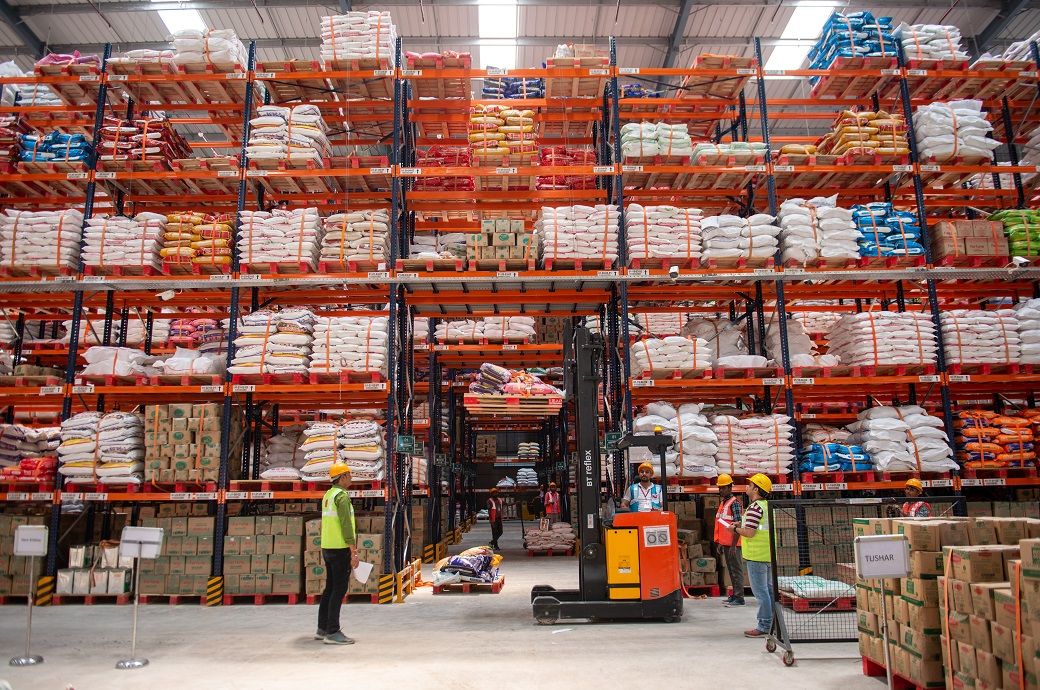
The subprogramme supports the government’s efforts to create a comprehensive policy, planning, and institutional framework at the federal, state, and city levels. This will rationalise India’s high cost of logistics and reduce greenhouse gas emission, ADB said in a press release.
To facilitate multimodal logistics, the subprogramme promotes reforms that reduce cumbersome processes that businesses face to obtain approvals for cargo clearance as well as the creation of digital systems that integrate regulations, processes, and logistics data. The programme promotes the facilitation of cargo movement through coastal shipping and inland waterways to strengthen multimodal transport.
The programme also supports the ministry of commerce and industry’s initiatives to issue standards for warehousing, which would encourage operational efficiency and private sector investment.
India’s recently approved National Logistics Policy and the Prime Minister Gati Shakti–National Master Plan provide transformative institutional and regulatory frameworks for holistic development of the logistics ecosystem in the country and lay the foundation for building a modern and efficient logistics sector.
“Efficient movement of goods from production and distribution centres to both domestic and external markets is critical to lowering costs and enhancing productivity and competitiveness. Manufacturing, services, and trade in India stand to benefit immensely from the significant reforms in the logistics undertaken by the government,” said ADB South Asia department director of public management, financial sector and trade, Sabyasachi Mitra.
Fibre2Fashion News Desk (DP)